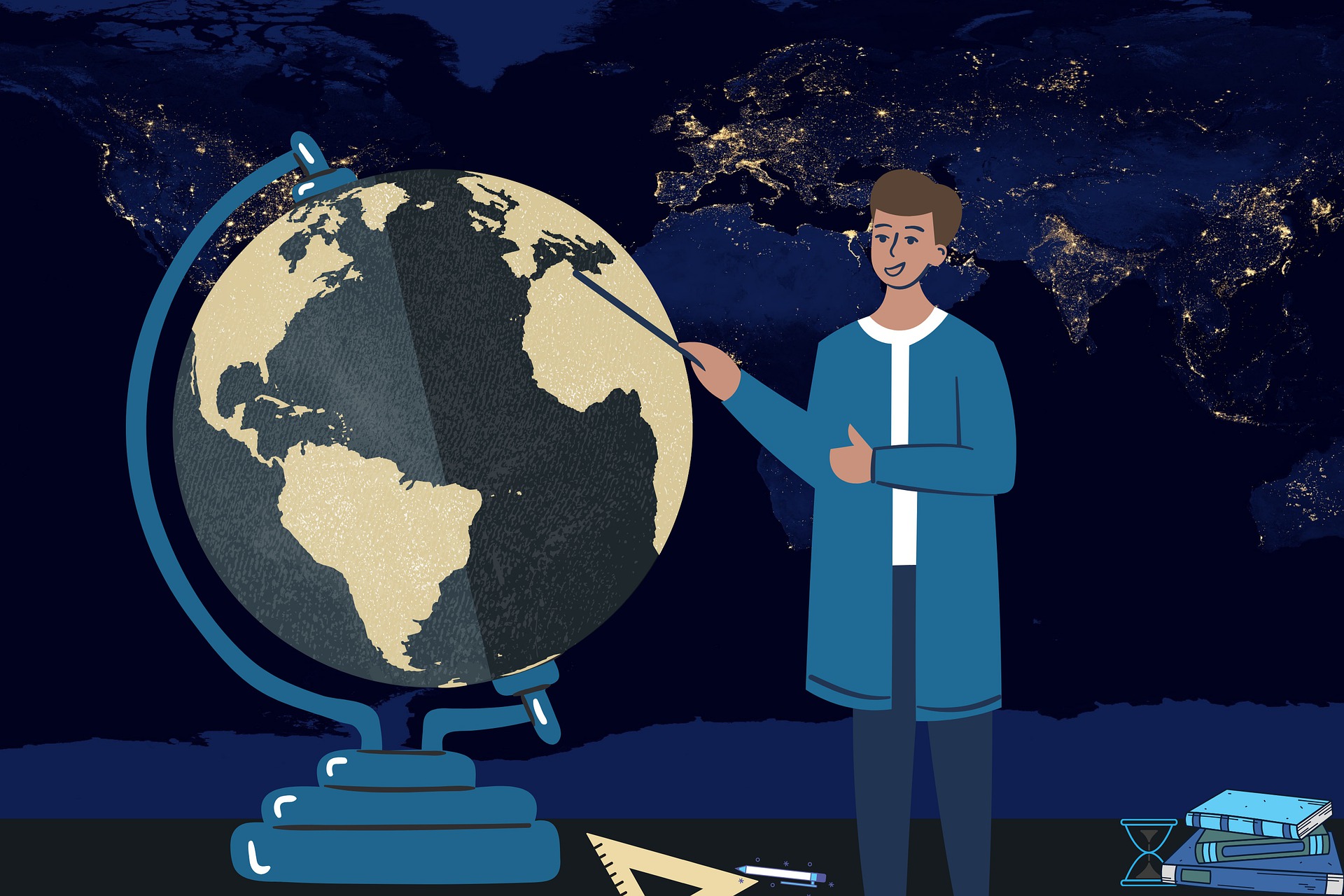When someone graduates from college, they are often faced with a big decision: what to do next? For many people, the answer is easy: find a job in their chosen field. But what if you’re not sure what you want to do? Or what if you want to switch careers? If that’s the case, consider studying geography.
A degree in geography can be useful in many different fields. Geographers can work in a variety of settings, fusing their knowledge of natural systems with the analysis of human activity. They might study the physical processes that shape our planet or the social implications of environmental change. No matter where they work, geographers are poised to make a real difference in our world.
In this article, we will discuss the benefits of a degree in geography and what you study in the course of such a degree. Plus, we’ll understand how geographical concepts can be applied to other fields!
What To Do With A Degree In Geography
So, what can you do with a geography degree? Let’s find out! A degree in geography provides students with a wide range of skills that are applicable in many different fields. Geographers learn to think critically about the world around them and to understand how natural and human systems interact. They also develop strong research and analytical skills. All of these skills are highly valued by employers in a variety of industries.
While some college graduates enter the workforce with a specific job title in mind, others may be unsure of what they want to do with their degrees. If you fall into the latter category, don’t worry—a degree in geography opens up a world of possibilities. Here are just a few of the many career paths you can pursue with a geography degree:
- Urban planner
- Environmental consultant
- Geospatial analyst
- Cartographer
- Disaster relief coordinator
- GIS developer
- Market researcher
Geography is an interdisciplinary field, which means that it draws from a variety of other disciplines, such as economics, sociology, biology, and physics. This makes geographers uniquely qualified to work in a variety of settings.
The Benefits Of A Geography Degree
There are many benefits to pursuing a degree in geography. First, it provides students with a well-rounded education. Second, it gives students the opportunity to develop strong research and analytical skills. Finally, a degree in geography can lead to a variety of career options.
In addition to providing graduates with a wealth of career options, a degree in geography comes with a number of other benefits. For starters, studying geography allows students to develop strong research and analytical skills. Additionally, because geography is such a broad field, students who study it learn to think critically about complex problems from multiple perspectives.
This ability is highly valued by employers in industries ranging from government to healthcare. Finally, a degree in geography can lead to a career that is both personally and professionally rewarding. For example, many geographers work in the field of environmental conservation, where they can help make a positive impact on the planet.
Are Geographers In Demand?
In a world that is increasingly interconnected and interdependent, the study of geography has never been more relevant. By understanding the Earth’s physical features, the distribution of its resources, and the patterns of human activity, geographers provide a unique and vital perspective on the challenges we face.
As we seek to address issues like climate change, biodiversity loss, and water scarcity, the insights of geographers will be essential in charting a sustainable course for the future. In short, as we grapple with the complex problems of the 21st century, the role of the geographer is bound to become more and more important.
Can I Apply To NASA With A Geography Degree?
The National Aeronautics and Space Administration (NASA) is a government agency that is responsible for the exploration of space. Astronauts are just one type of employee that works for NASA. Although a degree in geography is not typically what NASA is looking for in an astronaut applicant, there are other positions within the agency that may be a better fit.
For example, planetary scientists use their knowledge of geography to study other worlds and map their surfaces. They also use this information to look for signs of past or present life. If you are interested in working for NASA, research the different types of positions available and see which one best matches your skills and qualifications.
What Are The Five Things Geographers Study?
The five themes of geography are essential for understanding the world around us. By studying these themes, we can learn about the impact we have on our environment and how to use this impact to benefit people and the planet. The first theme, location, helps us to understand where things are in relation to each other.
The second theme, place, helps us to understand the physical and human characteristics of a place. The third theme, movement, helps us to understand how people, goods, and ideas move from one place to another. The fourth theme, human-environment interaction, helps us to understand how people interact with their environment and how this interaction affects both people and the environment.
The fifth theme, regions, helps us to understand how places are grouped together based on shared characteristics. By studying these themes, we can gain a better understanding of our world and our place in it.
Conclusion
A degree in geography is an excellent way to start down a path of many potential careers. The skills you learn as education can be used in a variety of settings, and the multidisciplinary nature of geography means that your knowledge will be applicable in many industries. Whether you are looking for a career change or want to gain new skills, consider studying geography. What industry do you think would benefit most from a geographer’s skills?
